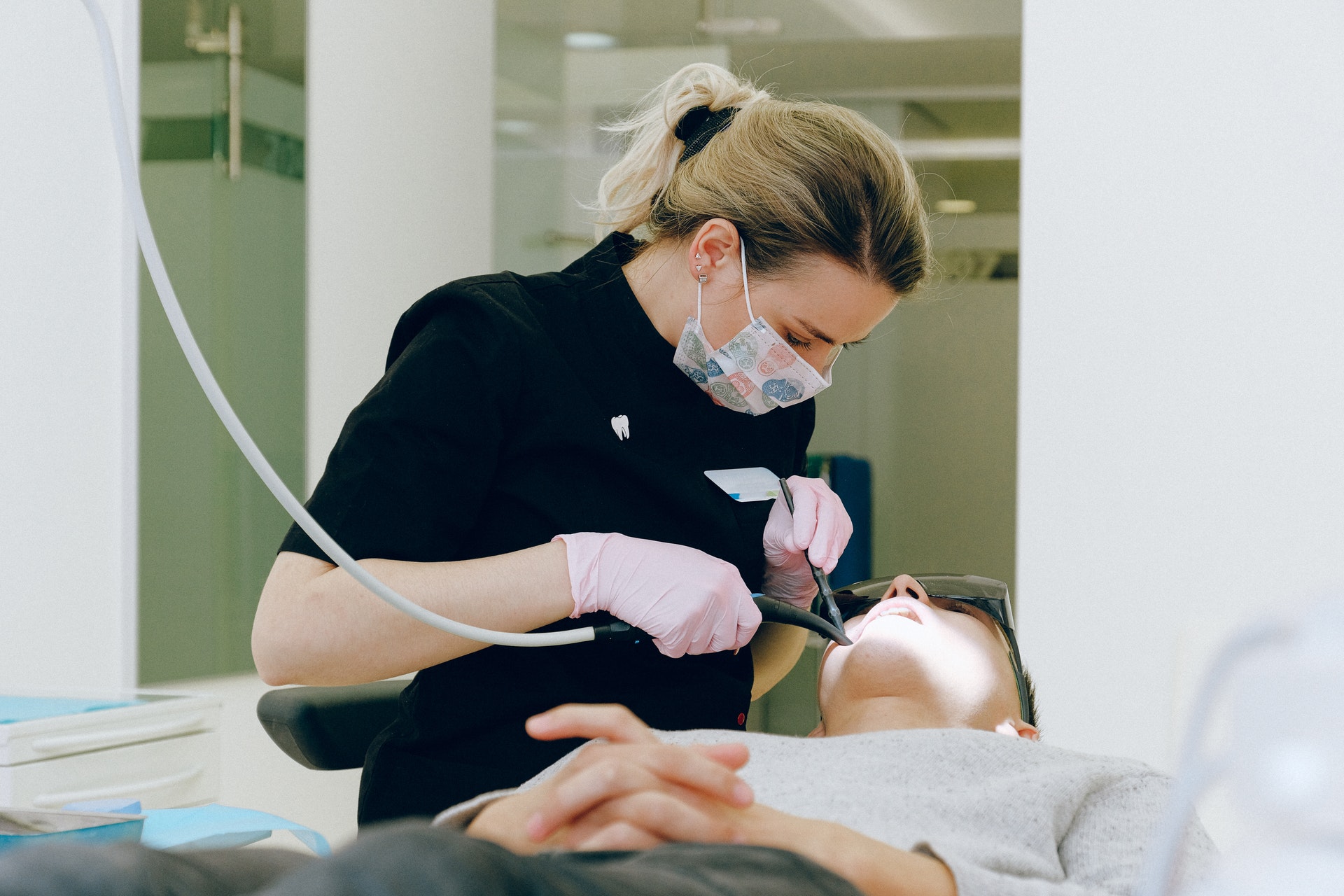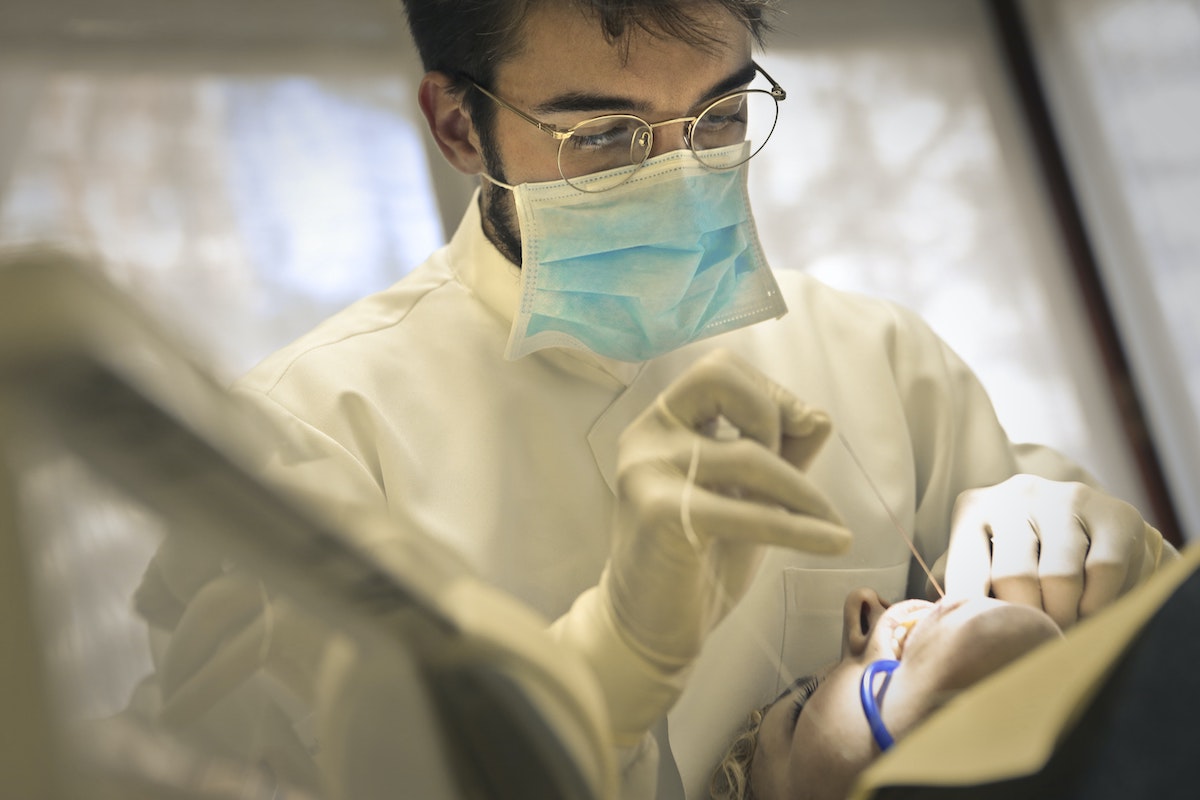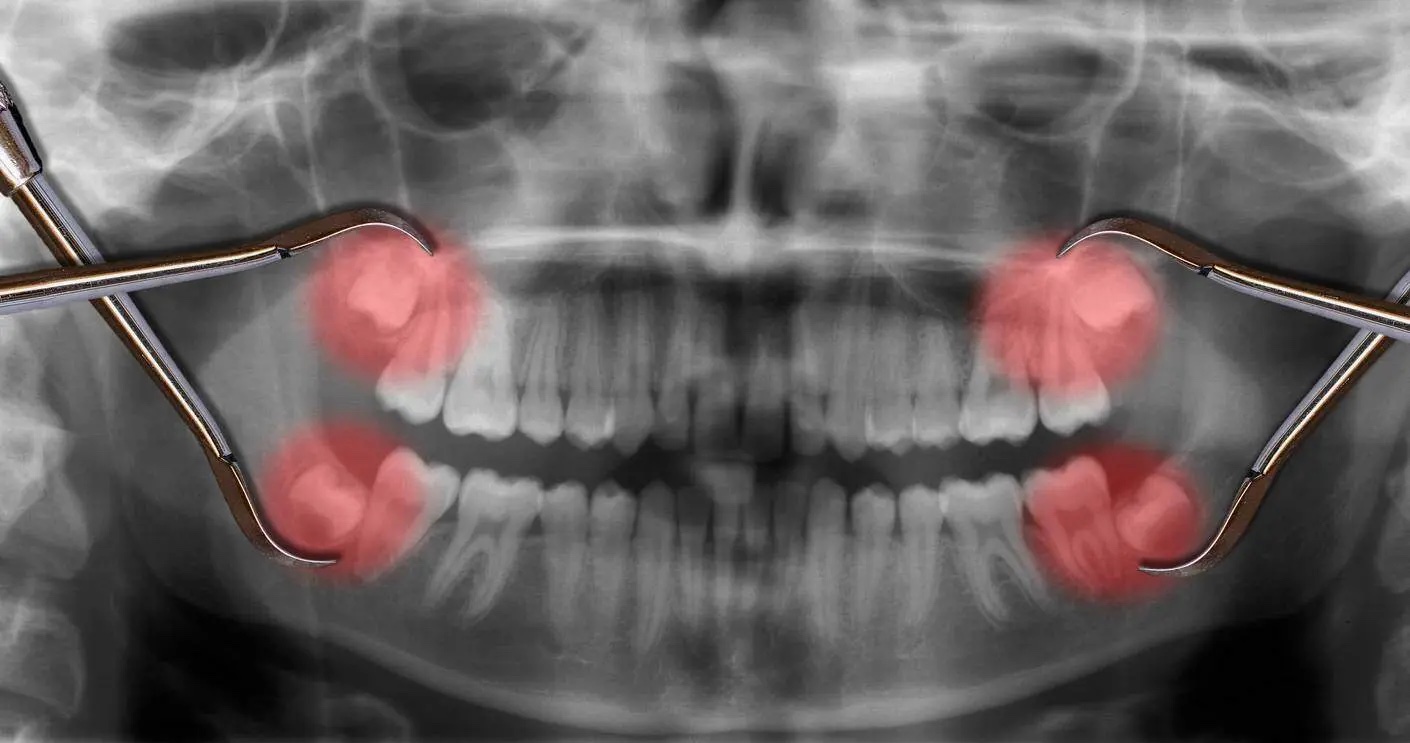Dentists commonly recommend extraction of wisdom teeth, but is it really required if there is no pain? How do individuals know if wisdom teeth are coming in, and when to see a dentist?
Pulling a tooth can be expensive and painful, but it is often necessary to avoid complications down the road. A New York Times article reports that 60% of adults have removed one or more of their wisdom teeth, so it is a common procedure. The best time to consult a dentist about wisdom teeth is during one’s teenage years.
Although teeth extraction is never fun, modern dentistry makes this experience as pain-free as possible. Trained professionals work to minimize discomfort and recovery time. Although the procedure is expensive, most insurance plans cover at least part of it. Finally, most individuals who don’t have their wisdom teeth removed eventually have problems. Dentists typically recommend extraction for exactly this reason.
What are Wisdom Teeth?
Wisdom teeth are the final four molars in an adult mouth: two on the top and two on the bottom. People usually have all four, but may sometimes have fewer or even none at all.
Wisdom teeth erupt from beneath the gums roughly between the ages of 16 and 23. Because they are the final teeth in the dental arch, teeth crowding is a common issue. Sometimes people feel the pressure of the teeth in their jaws. It feels like a throbbing or a dull ache. If the teeth cannot emerge, then they become impacted. This is the most common complication of wisdom teeth. Left untreated, impacted wisdom teeth can lead to serious problems.
When to See a Dentist

Individuals should consult a dentist whenever they experience pain and discomfort in their mouths. If this pain is located in the back of the mouth, this could mean that wisdom teeth are the reason.
Dentists will begin to discuss wisdom teeth with patients during their regular visits as teenagers. If extraction is necessary, it will be easier to remove the wisdom teeth before they have taken root. If not, the dentist will be able to monitor the condition of the teeth. Annual X-rays reveal the position of the wisdom teeth, whether they are impacted, and if removal is warranted.
Not all impacted wisdom teeth must be extracted, as long as they do not become infected, too. There are steps individuals can take to prevent infection of impacted teeth if pain and other symptoms are not present. Good dental hygiene is key. As long as individuals can brush, floss, and take care of the teeth in the back of their mouths, dentists may continue monitoring them. Because these teeth are hard to reach and are more likely to experience decay, most dentists recommend removal to avoid future complications.
Sometimes a flap of gum tissue covering the wisdom tooth swells. This causes pain when the individual bites down on that area. This flap can easily be removed without pulling the tooth as long as the surrounding tissue remains healthy.
Signs That Extraction is Necessary
Certain situations require extraction:
- The wisdom tooth can erupt at an angle that makes brushing and flossing adjacent teeth difficult. This can cause cavities on the adjacent teeth.
- The tooth can cause deep recesses below the gum line. These periodontal pockets fill with bacteria and quickly become infected.
- The gum tissue around adjacent teeth can also recede. Removal of the wisdom teeth will be necessary to prevent further damage.
- If there is not sufficient room in the mouth for the wisdom teeth to erupt, the pressure can cause intense jaw pain and headaches. They can also push the other teeth out of alignment making them crooked and crowded, even undoing previous orthodontia.
- Sometimes the wisdom teeth only partially erupt through the gum. This partially erupted tooth promotes infection and tooth decay.
If it is not an emergency situation, dentists usually refer their patients to an oral surgeon who will determine if removing the tooth is necessary. Sometimes emergency extraction is required. If the wisdom teeth have caused an acute infection, then the surgeon will likely prescribe antibiotics and arrange to remove the teeth as soon as possible.
Wisdom Teeth Extraction and Recovery

Extraction is a minor surgery requiring local anaesthetic. Patients usually choose to be asleep for the procedure, though surgeons can keep patients awake if they wish. The wisdom tooth or teeth are extracted along with small amounts of gum tissue and bone. Stitches are usually required at each extraction site. The number of stitches varies based on factors such as the size and depth of the tooth and whether it was impacted. Most surgeons use dissolvable stitches these days. They stay in place while the patient recovers, after which they can gently be brushed away.
Recovery generally takes 3-5 days. During this period, the patient usually experiences some minor bleeding and pain from the surgery. Pain medication is typically prescribed, along with an ice pack to control any swelling and a liquid diet. Patients should avoid spicy foods, alcohol, and tobacco use during recovery. Smoking delays the healing process and may complicate it.
The vast majority of extractions occur without complications. The recovery is similar to a root canal procedure. Patients report some pain and discomfort once the anesthesia wears off. The extraction sites will be tender and sore. Nonprescription pain relievers such as ibuprofen or acetaminophen manage the pain. Patients should consult their surgeon if they are still experiencing pain after five days.
Wisdom Teeth Surgery Costs
The majority of adults undergo wisdom teeth removal surgery. This surgery is expensive, though most insurance plans cover 80% of the cost. Remaining costs can still be significant. Simple extraction typically costs $100 to $600 per tooth, depending upon whether they are impacted and if other tissue and bone requires removal. As with most dental procedures, waiting until things get bad tends to drive up costs.
There are some ways to control the cost of wisdom teeth or any dental procedures if you do not have insurance. Providers may offer discounts, so it doesn’t hurt to ask. Health Savings Accounts or Flexible Spending Accounts offered through an employer are a tax-free way to cover medical expenses. Financing options are also available, either through the dental practice or with a dental credit card.
Next Steps
Even though wisdom teeth extraction can strain a family’s budget, the procedure is often recommended and can save money when done as a preventative measure. If you are concerned about your wisdom teeth and you don’t already have a regular dentist, use Dental Health Society’s convenient online appointment tool to find a dentist near you.


